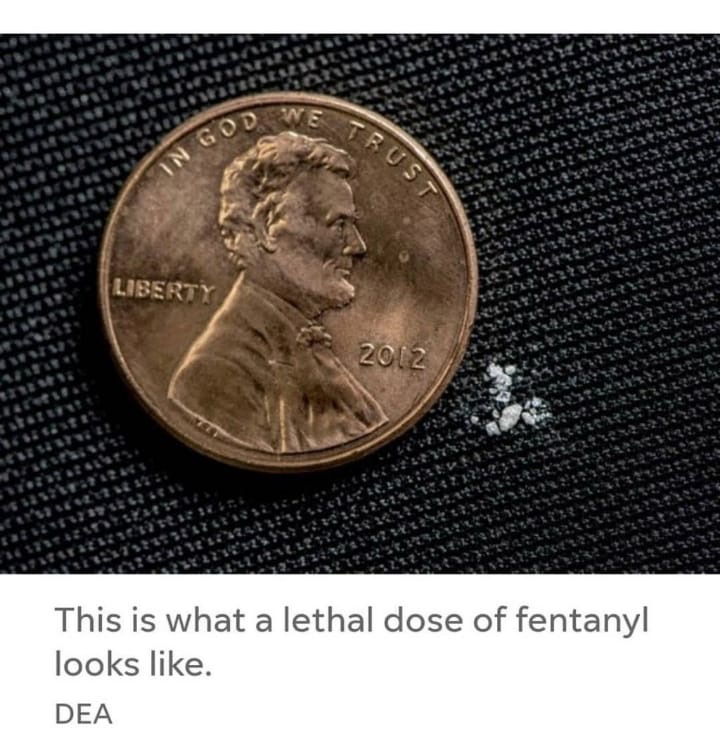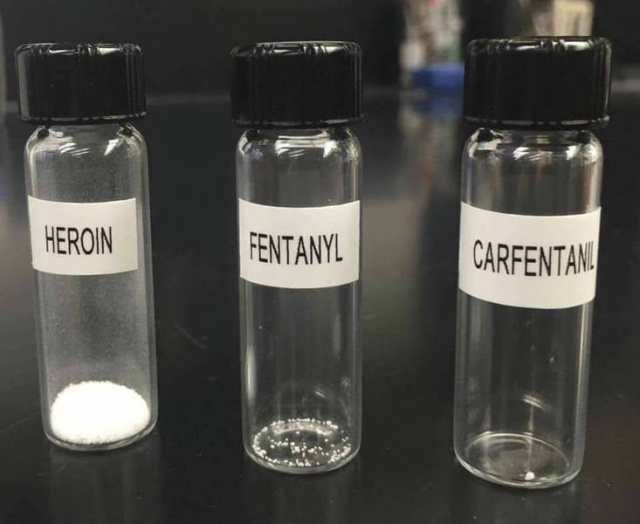(COLUMBUS, Ohio)—Ohio Attorney General Mike DeWine, as part of a bipartisan group of 52 state and territory attorneys general, called on Congress today to help end the opioid epidemic and close a loophole that allows those who traffic deadly fentanyl to stay a step ahead of law enforcement.
“This measure would give DEA agents the tools they need to go after these back alley chemists and overseas dealers that think they can skirt the law,” said Attorney General DeWine. “In Ohio we are committed to stopping the flow of opioids, getting those with substance use disorder the help they need, and ultimately saving lives.”

Attorney General DeWine joined Attorneys General from Connecticut and Wisconsin, who led the letter to Congress, in support of S. 1553 and H.R. 4922, Stopping Overdoses of Fentanyl Analogues (SOFA) Act. The SOFA Act would eliminate the current loophole that keeps the controlled substance scheduling system one step behind those who illegally manufacture fentanyl analogues. The SOFA Act will allow the Drug Enforcement Administration to proactively schedule all newly-modified fentanyl analogues making these potentially deadly substances illegal as soon as they are manufactured.
In addition to Ohio, Connecticut and Wisconsin, the other attorneys general who signed the letter were Alabama, Alaska, Arizona, Arkansas, California, Colorado, Delaware, District of Columbia, Florida, Georgia, Hawaii, Idaho, Illinois, Indiana, Iowa, Kansas, Kentucky, Louisiana, Maine, Maryland, Massachusetts, Michigan, Minnesota, Mississippi, Missouri, Montana, Nebraska, Nevada, New Hampshire, New Jersey, New Mexico, New York, North Carolina, North Dakota, Oklahoma, Oregon, Pennsylvania, Puerto Rico, Rhode Island, South Carolina, South Dakota, Tennessee, Texas, Utah, Vermont, Virginia, Washington, West Virginia, and Wyoming.
A copy of the letter is available on the Attorney General’s website.









